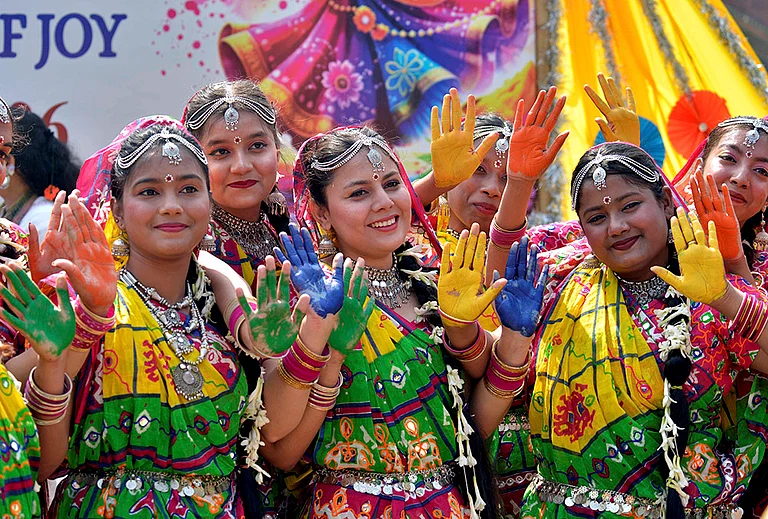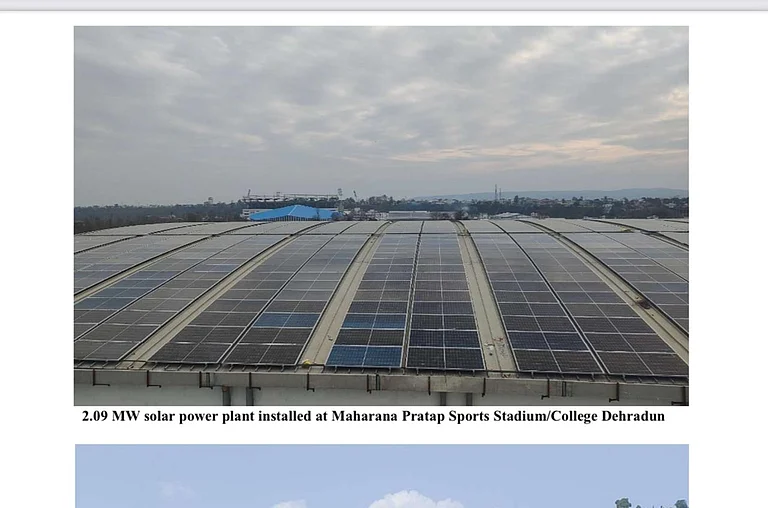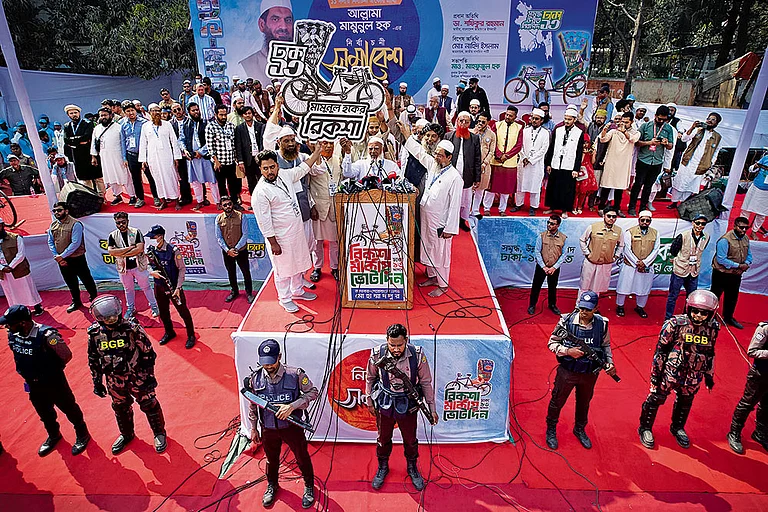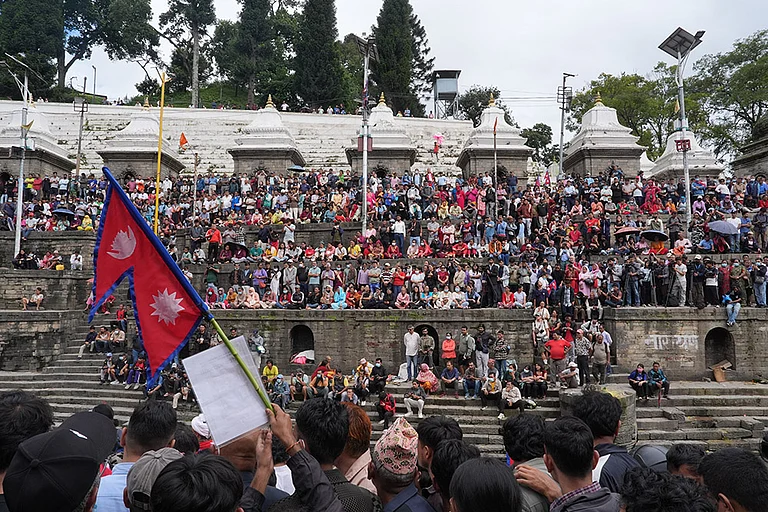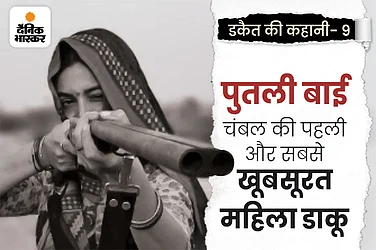
Summary of this article
Sushila Karki, Nepal's first female Chief Justice, is poised to take the oath as the interim Prime Minister of Nepal, following a significant movement led by the country’s Gen Z protesters, who overthrew the previous government amid widespread allegations of corruption.
After days of protests triggered by restrictions on social media and the government's failure to address corruption, Karki emerged as the top choice of the youth-led movement, which considered other political figures like rapper-turned-politician Balen Shah.
Karki’s primary goal is to guide Nepal through the transitional phase and oversee free and fair elections within the next six months to a year. Her tenure as Chief Justice was marked by her strong stance against corruption, winning her support among Nepal's younger population.
Sushila Karki, the former Chief Justice of Nepal, has been appointed as the country’s first female Prime Minister. The 73-year-old jurist will take the oath of office today, following the resignation of former Prime Minister KP Sharma Oli, after a series of youth-led protests that led to the overthrow of the ruling coalition government.
Karki’s appointment follows days of negotiations among the Gen Z protest groups, who had initially named several candidates to lead the country, including Kathmandu mayor Balen Shah and former Nepal Electricity Authority head Kulman Ghising. However, Karki, known for her strict anti-corruption stance during her tenure as Chief Justice, emerged as the consensus choice.
The protests, which were triggered by government efforts to restrict social media and fueled by public frustrations with corruption, resulted in widespread unrest. The movement, largely leaderless and driven by online coordination, led to violent clashes that caused more than 30 deaths and left over 1,000 people injured. Despite the turmoil, the movement eventually brought about the resignation of the previous government and the formation of a new, interim leadership.
Karki is expected to serve as the country’s interim leader and guide Nepal towards its next elections, which she has indicated will take place within the next six months to a year. During her tenure as Chief Justice, Karki became known for her zero-tolerance approach to corruption, a position that earned her significant support from Nepal’s youth population, frustrated with the entrenched political establishment.



